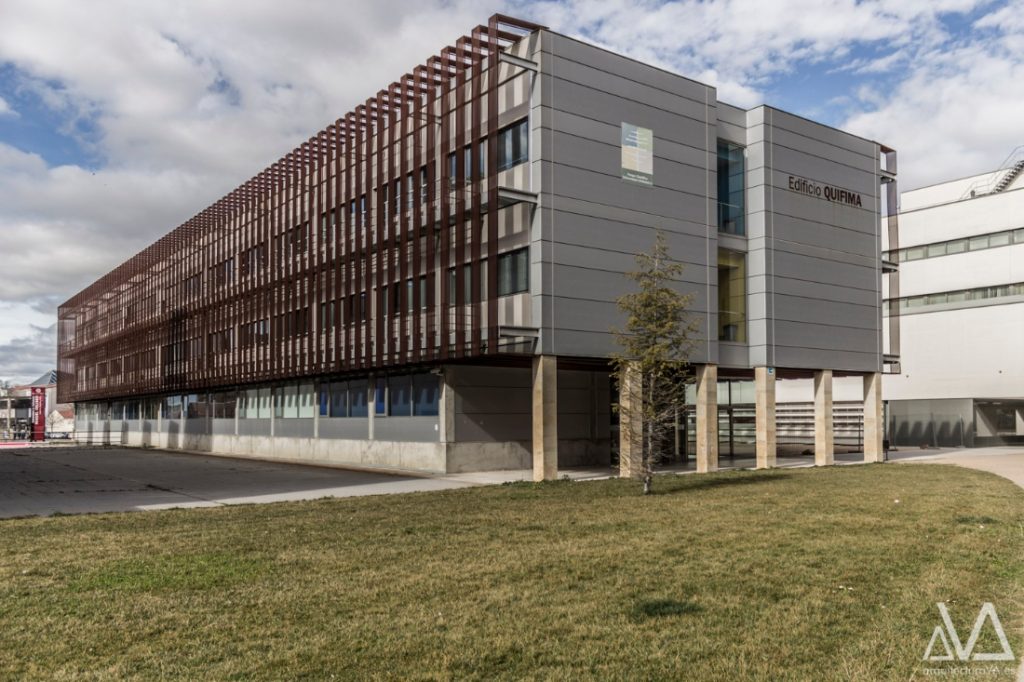Chemistry is arguably the science that has contributed most to the social well-being of the present. Its developments, perfectly compatible with environmental quality thanks to advances in the knowledge of its principles and their application, invade and protect all areas of our lives. Among the main topics of social interest that help to guide research directions in chemistry are energy, health, the environment and new materials (including nanotechnology) with applications in catalysis, electronics, etc.
We live in a world dependent on new developments in chemical synthesis: new drugs (analgesics, antibiotics, anti-inflammatories, treatments for diabetes, blood pressure, cancer), new adhesives, new semiconductor materials, new luminescent products for solar cells, new polymers, leds, oleds, nanoparticles, enantioselectivity... words that portray the world around us are in turn words that make up the world of synthesis.
That is why in our Master's degree you will learn to build molecules and materials with the required chemical, medical or physical functionality, study their structures and properties, and do so with powerful, selective, efficient and clean procedures; this is the objective of this Master's degree oriented towards Synthetic and Industrial Chemistry and that of the doctorates of the three universities, which have it as a training period. Our aim, as well as learning, is to help you find a job.
All these skills will enable you to find work in both the public and private sectors, so don't let them tell you that interuniversity master's degrees are only useful for writing your thesis!
Itineraries
There are two itineraries:
- Itinerary 1: Aimed at students oriented towards research in synthesis, the completion of a Doctoral Thesis, and the Fine Chemicals industry.
- Itinerary 2: More oriented towards the heavy chemical industry, including management aspects.
Students can obtain a mixed training since the organisation of the courses allows them to obtain a proportion of credits of up to 15/12 between the two itineraries, although a more concentrated combination in one of the two itineraries is recommended. In any case, you will obtain a series of technical and organisational qualities that will be decisive in your future career.
Delivery of the classes
The subjects will be taught at the three universities involved, in the cities of Valladolid, Bilbao, San Sebastian, Vitoria and Pamplona.

The Syllabus indicates the subjects taught in Valladolid which, in principle, allow a sufficient number of credits to be taken without the need to travel. For other subjects, videoconferencing or travel will be used depending on the availability of student mobility grants, to the extent that this is possible.
Place of delivery in Valladolid:
CINQUIMA University Institute (Centre for Innovation in Chemistry and Advanced Materials), in the CINQUIMA Building (Miguel Delibes Campus) and in the Faculty of Science of Valladolid.